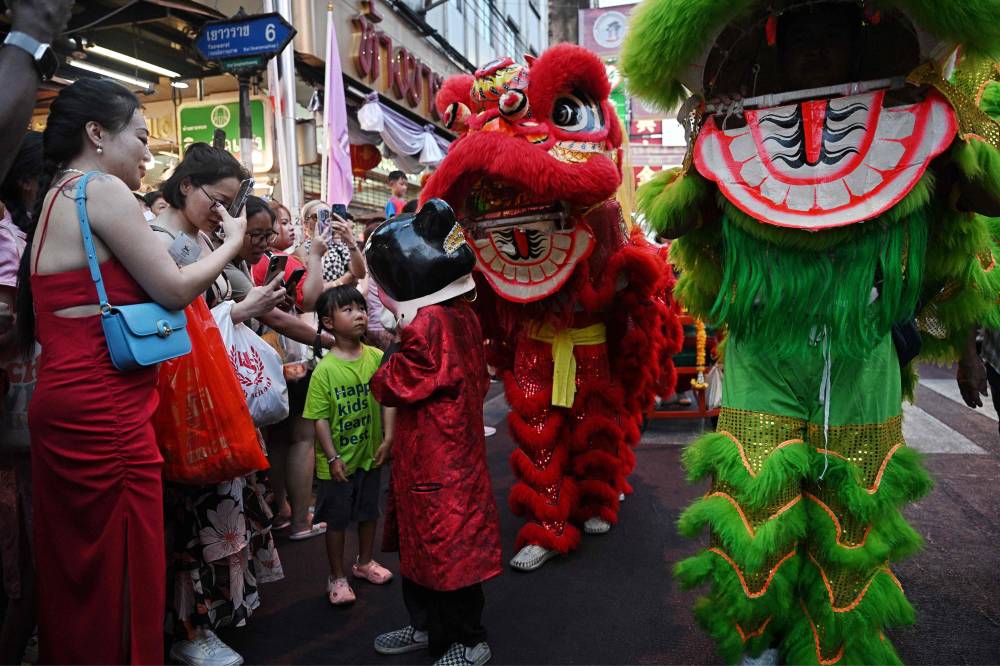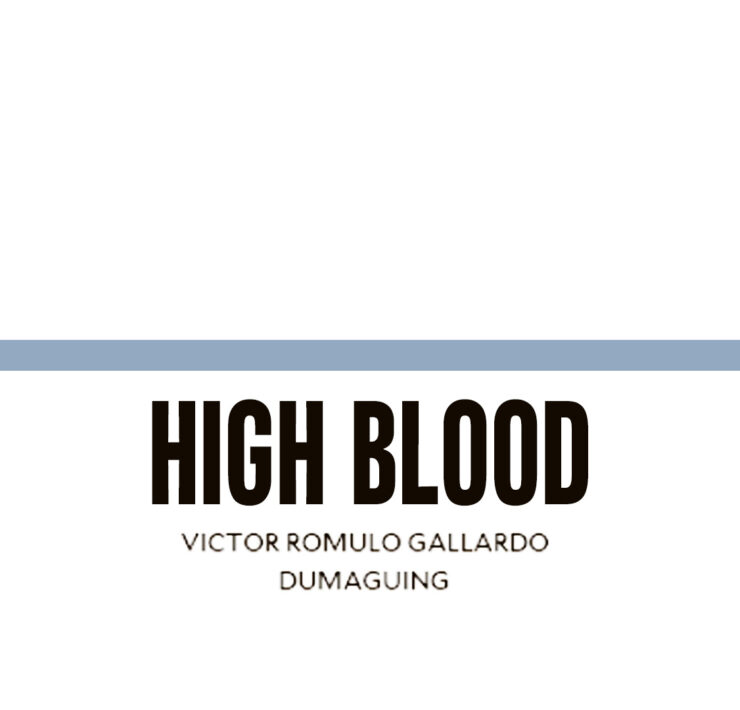Remembering early 1960s Ongpin

A far cry from today’s Ongpin, Chinatown’s main street, it had much more character then than it has today.
On a Saturday morning, my sister Jane and I joined a group of “eggheads,” which in that day’s idiom referred to intellectuals.
They were Eric Torres, a poet and eminent Ateneo professor, another Ateneo professor who would become a world-famous painter, Fernando Zobel, Ding (Alfredo) Roces, a professor at the Far Eastern University who would later hold the position of editor of the Australia’s Geo Magazine, and two pimply faced American teenagers who liked to recite Catullus poems’ English translations—Mike Dobry and his buddy Roger. The boys, Jane and I, represented the younger group of Ongpin aficionados.
We all met at 9:00 a.m. on some Saturday mornings in front of a store selling rice paper scrolls whose calligraphy we asked the store owner to please translate.
Each scroll cost P5 and we usually came away with at least one each, pleased with our purchases.
Piedra china, huge white granite blocks speckled with little black dots, which had been used by sampans (Chinese boats) as ballast, paved Ongpin’s sidewalks.
How special the piedra china made Ongpin’s sidewalks look, shining white in the sun! Ugly concrete has replaced them (sigh!).
Jane and I worked at nearby Avenida Rizal, so some evenings we explored other areas on Ongpin.
Three meters from his large store, you could smell the Chinese apothecary’s various herbs and dried lizards (we were told), not an unpleasant odor—just exotic.
A peek inside the gentleman’s store revealed a hundred-and-one small wooden doors to each compartment which held something for every ailment under the sun.
The wonder of it all was that the apothecary knew exactly where every dried herb was! Admirable!
Not-so-admirable was coming upon what a friend later told us was an opium den.
From the sidewalk, early one evening, Jane and I heard live Chinese music being played from a building’s upper floor. We searched for an entrance, but all we found was a wooden stairway on the side of the building. Back on the stairs to the third floor, and finally up where the stairway ended on the fourth floor.
There, about 20 meters away on the other end of the large otherwise empty room, lay two more men motionless, lost in dreamland. Our friend later told us that what we had smelled was opium.
Much more friendly and interesting was another evening’s Kao-ka, (a Chinese opera) performed by a small troupe visiting from Taiwan, we were told.
A side street off Ongpin was the theater with seating for the audience all across the alley, except about two feet on either side for the audience to pass, at the end of which was the raised wooden stage. We obviously were the only non-Filipino Chinese, but everyone was very welcoming.
We could not see the musicians, as they sat at the foot of the stage, on the same ground level as the audience.
Should one need to go for a pee to the “ladies’ room,” one simply knocked on any door of the accessorias (that’s what apartments were called then). The lady of the house, smiling (so hospitable!) opened the door, motioning her guest to the back where the bathroom was. No words needed to be spoken—she saw the distress on our face.
There would have been about 200 chairs, and they were all occupied. It was a great evening with good vibes all around.
When the circus came to town, they performed in a movie house (no longer extant).
Scary was the first time we went to the circus, because we did not realize there would be a tightrope-walking act smack-dab in the center of the audience’s seating, right over our heads. The artist, holding a pole and biking across, could so easily have landed on us (but of course he didn’t).
The next time we went, we sat farther back (mahirap na!).
Apropos of nothing, Dudu von Thielmann and I were inspecting cobras and snake eggs at a corner store in the 1980s when we heard a gunshot nearby.
I pulled Dudu away, but she wouldn’t budge, engrossed in the slithery creatures. But living in Argentina as she and Hubertus did in the land of Evita Peron and street upheavals and revolts, one gunshot must have been child’s play to my visitor!
Snakes and more gunshots, when a prominent Chinese gentleman was killed right on Ongpin’s sidewalk. How I miss Ongpin of the ’60s! –Joan Orendain
Joan Orendain, 84, is a feature writer for the Inquirer and writes coffee-table books for corporations and famous individuals. She is almost blind, but thanks to a close friend has an Optelec Machine which magnifies the printed or written word, allowing her to continue writing.





















